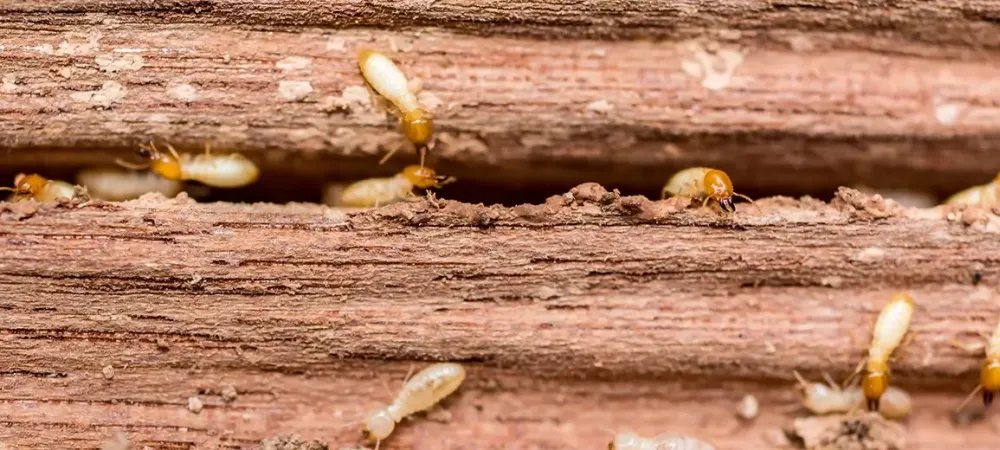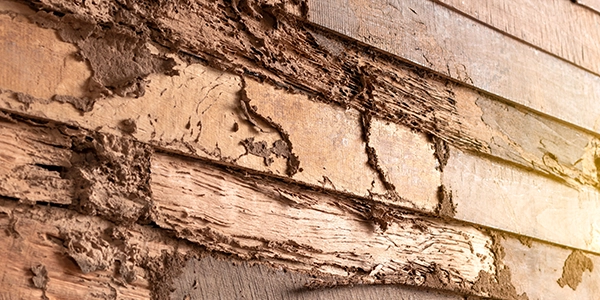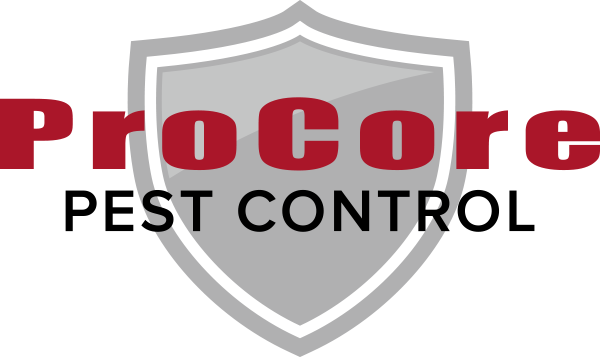Formosan Termites in South Carolina: What Homeowners Should Know About These ‘Super-Termites’

If you live in South Carolina, especially near the coast, there’s one pest you absolutely need to know about: the Formosan termite. This invasive species is already causing millions in damage across the Southeast and shows no signs of slowing down.
Why This Matters in SC
Formosan termites are already well-established in South Carolina, particularly in humid coastal cities like Charleston, Hilton Head, and Beaufort. Unlike native termites, Formosan termites are far more aggressive. They build massive colonies, chew through materials faster, and cause structural damage at a pace homeowners aren’t used to.
Their nickname, “super-termite,” comes from their:
- Rapid destruction of wood and other building materials
- Ability to chew through insulation, plaster, and even thin metal
- Massive colony sizes (up to several million termites)
In short, they don’t just infest homes, they compromise them.
What Are Formosan Termites?
Scientific name: Coptotermes formosanus
Origin: These destructive termites were accidentally imported from East Asia and have since become a growing threat throughout the southeastern U.S.
Key traits of Formosan termites include:
- Colonies that can contain millions of termites
- Ability to chew through wood, foam insulation, and even soft metal
- Nighttime swarming behavior in late spring and early summer
- Preference for warm, humid, coastal climates—though they’re slowly moving inland
Because of their adaptability and size, Formosan termites are considered one of the most destructive termites in the U.S.
Signs of Infestation in South Carolina Homes

Formosan termites aren’t always easy to spot early. Here are the common signs to watch for:
- Mud tubes along walls, foundations, or crawl spaces
- Winged termites swarming around porch lights or windows at night
- Hollow-sounding or blistered wood
- Discarded wings near doors, windowsills, or light fixtures
If you notice any of these warning signs, contact a licensed termite professional immediately.
New National Development: Termite Hybrids
While Formosan termites are bad enough on their own, scientists in South Florida have uncovered something potentially worse: termite hybrids.
A hybrid species has recently been identified, formed by the mating of Formosan termites and Asian subterranean termites. This new hybrid species grows faster, builds larger colonies, has longer lifespans, and may be even more destructive than either parent.
Right now, hybrid termites are only confirmed in South Florida. But researchers warn that boat traffic, warm coastal cities, and climate change could eventually push them north—including into South Carolina.
Why Homeowners Should Pay Attention
Formosan termites don’t just nibble on wood, they compromise the integrity of entire structures. The risk is especially high in:
- Humid areas
- Wooded neighborhoods
- Older homes near the coast
Even though hybrid termites haven’t been found in South Carolina yet, their future spread is likely. Including them in upcoming inspections and treatment plans is a smart move, especially for homeowners in at-risk areas.
How to Protect Your Home From Termites
The best way to deal with Formosan termites is prevention. Here’s how you can reduce your risk:
- Schedule annual professional termite inspections
- Limit wood-to-soil contact (keep deck posts and siding raised)
- Remove old mulch, woodpiles, or rotting stumps near your home
- Install bait stations or moisture-reduction systems
- Call a licensed termite specialist at the first sign of activity
Don’t wait for visible damage. These termites are known for chewing through homes from the inside out, often before anyone notices.
ProCore Termite Protection in SC
At ProCore Pest Control, we’ve been serving South Carolina’s coastal regions for 12 years. Our team has extensive experience with Formosan termite control, and we know exactly what to look for during inspections.
With swarms peaking in early summer, don't wait until it's too late, have your property inspected now. Contact us today to schedule a free termite inspection and learn how we can help protect your home from South Carolina’s most destructive termites.
